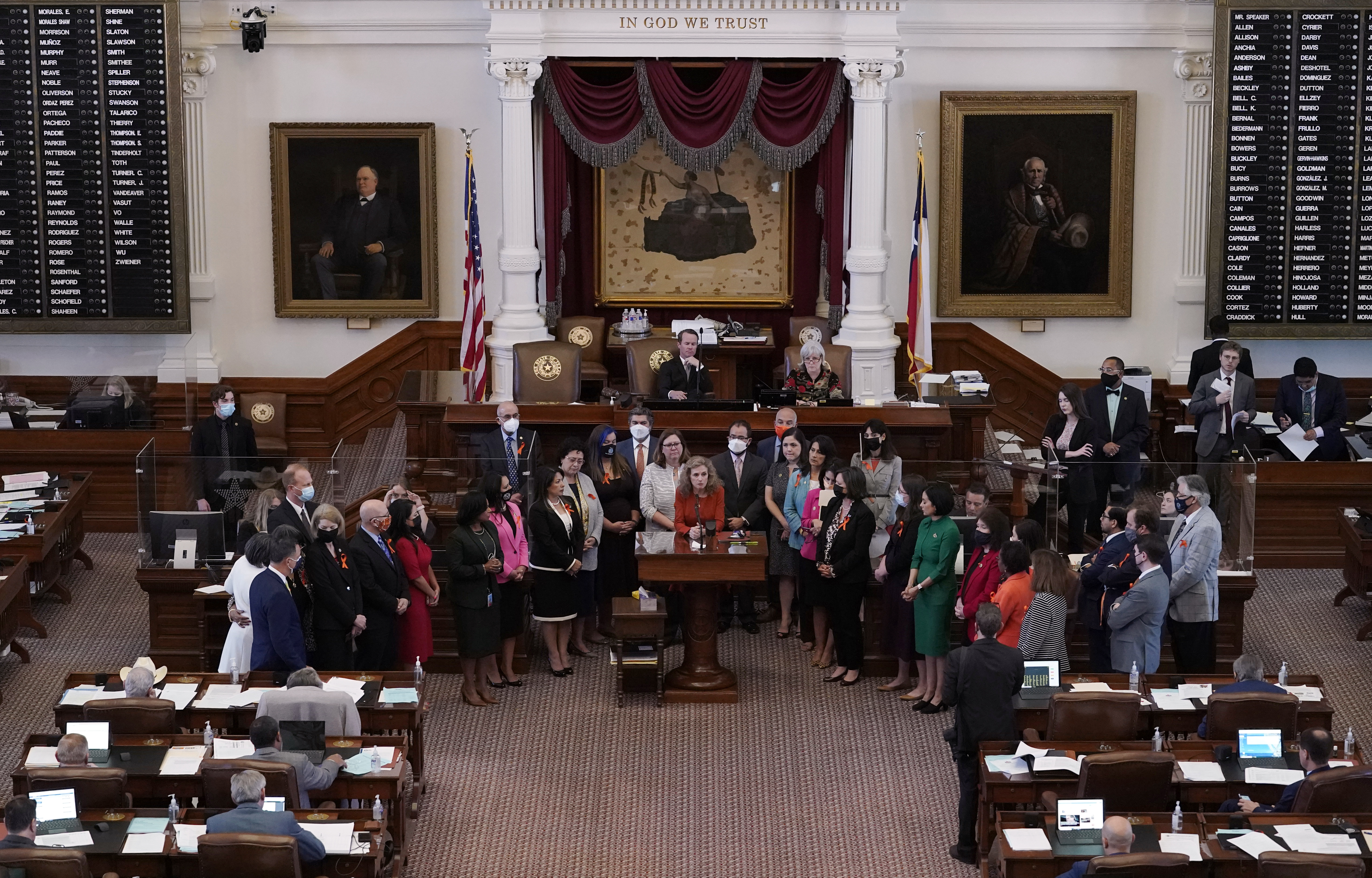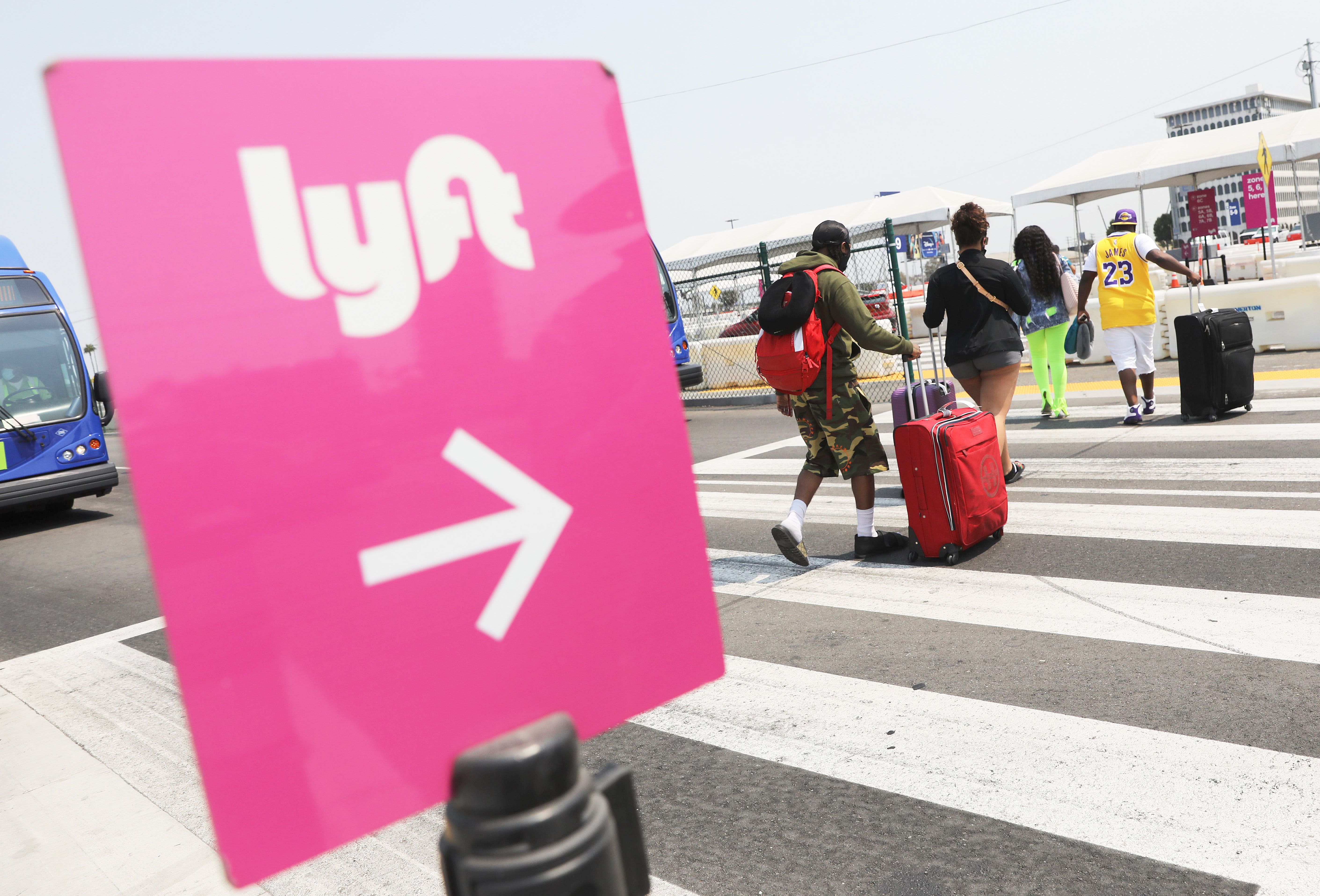Under a temporary restraining order issued by a Texas judge this week, the pro-life organization Texas Right to Life cannot sue abortion providers employed by Planned Parenthood through a new abortion law for the time being.
Travis County District Judge Maya Guerra Gamble ruled the Senate Bill 8 law creates a "probable, irreparable and imminent injury” to Planned Parenthood if it were sued by the nonprofit group Texas Right to Life, its legislative director and 100 unnamed individuals.
Considered the most restrictive in the nation, the “Heartbeat Act” bans abortions at the point of the “first detectable heartbeat,” which could happen around six weeks into pregnancy, before some women realize they’re even pregnant. However, medical experts say the heart doesn’t begin to form until the fetus is at least nine weeks old. Advanced technology can detect a first flutter of electric activity within cells in an embryo as early as six weeks. This flutter isn’t a beating heart, it’s cardiac activity that will eventually become a heart.
In a statement, Planned Parenthood’s vice president for public policy litigation and law Helene Kransoff said the organization was relieved the Travis County district court acted quickly to grant the restraining order against Texas Right to Life.
Get New England news, weather forecasts and entertainment stories to your inbox. Sign up for NECN newsletters.
“This restraining order offers protection to the brave health care providers and staff at Planned Parenthood health centers throughout Texas, who have continued to offer care as best they can within the law while facing surveillance, harassment, and threats from vigilantes eager to stop them,” Kransoff wrote. “But make no mistake: this is not enough relief for Texas. Planned Parenthood will continue fighting for the millions of Texans affected by S.B. 8, doing everything we can under the law to restore Texans’ federal constitutional right to access abortion.”
The judge’s three-page order does not prevent others from using the new law against Planned Parenthood or other abortion providers in Texas. The bill is structured to allow private citizens to sue abortion providers and anyone who helps patients receive the procedures after the six-week mark but not the patients, themselves.
Texas Abortion Law
UNT Dallas College of Law professor Michael Maslanka said he had one word to describe the law.
“Radical. This is one of the most radical pieces of legislation. Not a political statement. It’s a legal one,” Maslanka said. “To empower individuals to essentially be attorney general of the state to sue anywhere in the state is something very, very, very unusual. Creative is a nice term, but it’s very unusual. I think it’s very radical. It’s a lot to swallow.”
Maslanka said the next step in the legal process would be an injunction trial, where the court would look at the underlying law of Senate Bill 8.
“The effect is to essentially negate Roe v. Wade. You have a right, but it’s meaningless because you cannot exercise your right. That’s what S.B. 8 does,” he said.
In response to the granted temporary restraining order, Elizabeth Graham with Texas Right to Life said the group was undeterred.
“I think the abortion crowd is going to keep trying all types of tricks in the judiciary because historically, that’s where they’ve won their battles but they really missed the mark on the Heartbeat Act,” Graham said. “If the abortion crowd is going to try and stop every pro-life person in the state, they’re probably going to need to be filing 20 million TROs.”
Texas Right to Life is the state’s largest and oldest pro-life organization. Graham said while they have received pushback on the bill, they have also received support.
“We really are the envy of other states in the U.S., because this is such a historic event,” she said. “Enactment of the Texas Heartbeat Act has reinvigorated the pro-life movement not only in Texas but across the U.S.”
Rideshare companies Lyft and Uber said Friday they would cover legal fees for drivers on their respective platforms if are sued under the abortion law.



